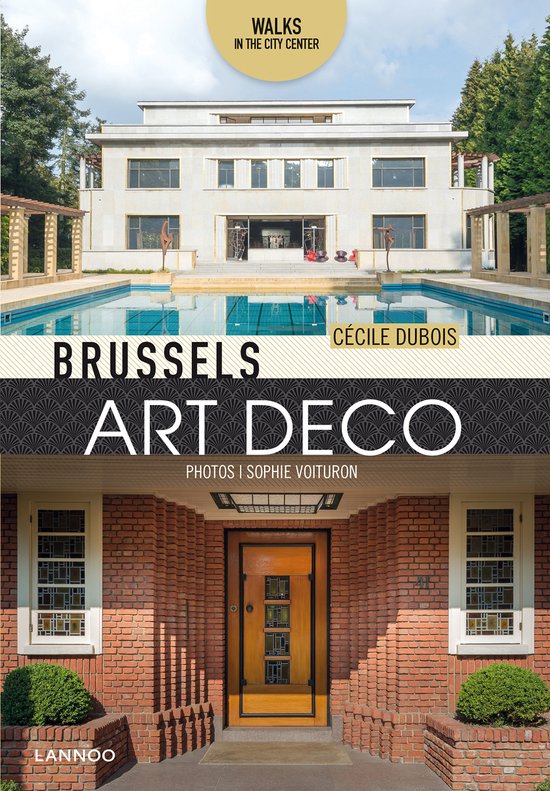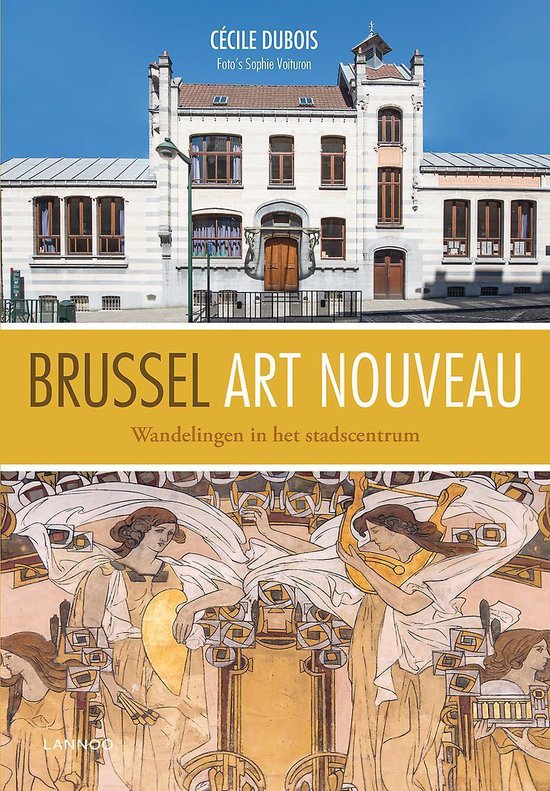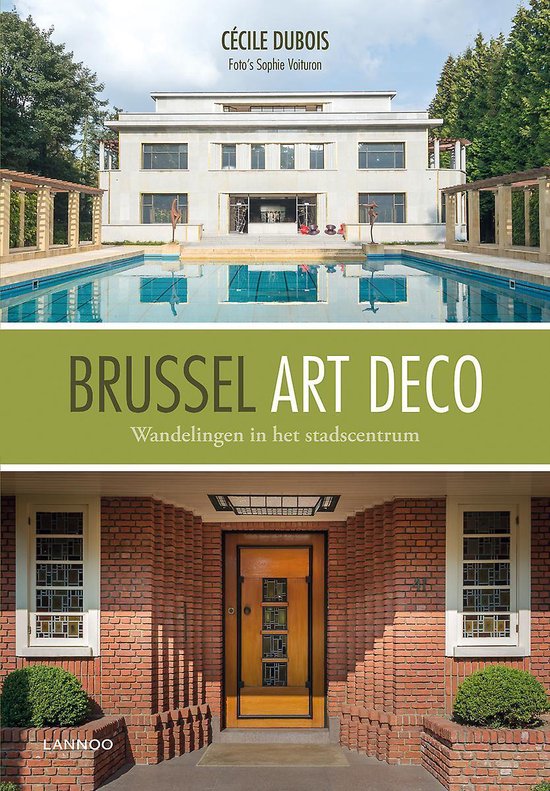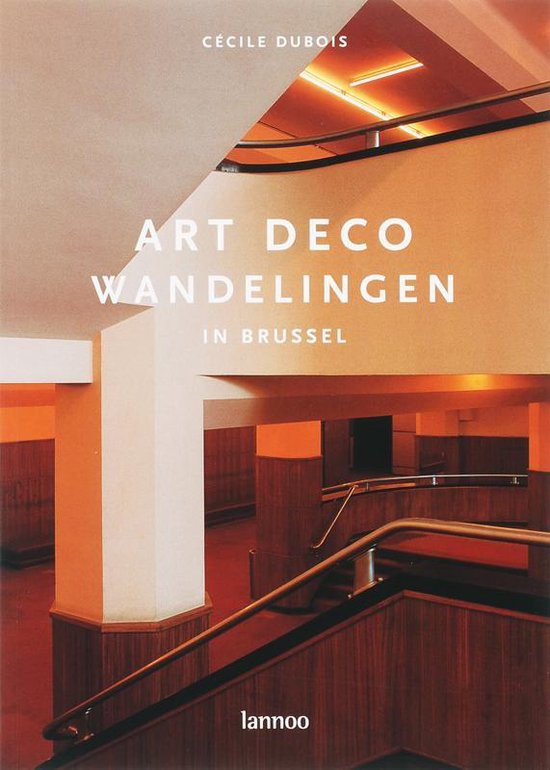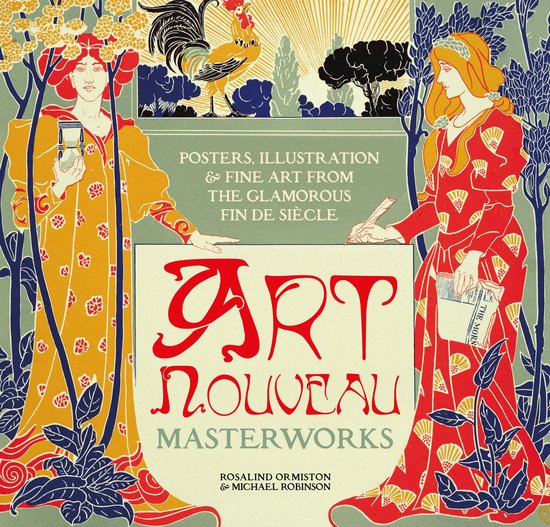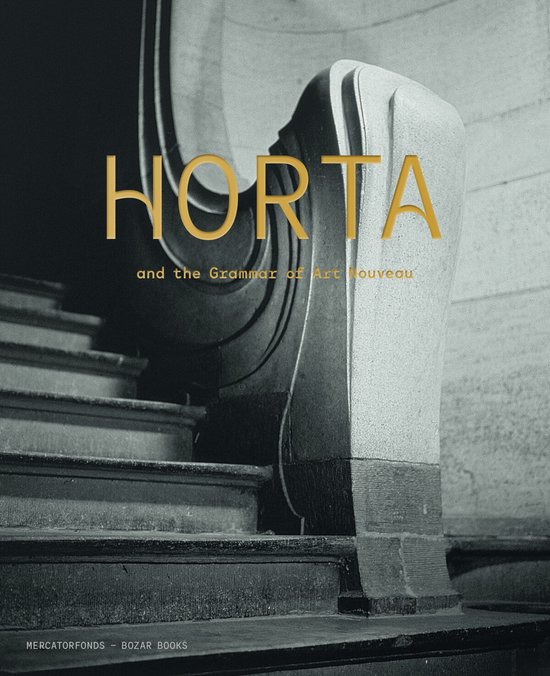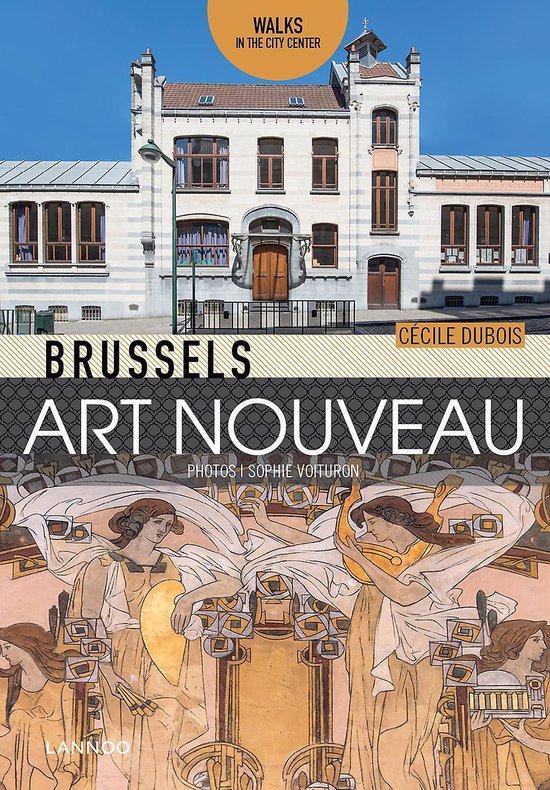
Brussels Art Nouveau
At the end of the nineteenth century, Brussels architects reacted against academicism with a new movement, called Art Nouveau. Victor Horta's style was more organic, while Paul Hankar preferred more geometric designs. Together they developed a style of architecture, that would soon become internationally famous.
In just 15 years, from 1893 onwards, hundreds of Art Nouveau buildings popped up across Brussels. Initially, the great innovators took the lead, but soon their assistants and other imitators, who were also inspired, in the early nineteenth century, by the Viennese Secession and other trends in European Art Nouveau followed suit.
Initially, this style perfectly corresponds with the ambitious of the industrial upper middle class. They wanted to leave their mark on the urban landscape with this new and often exuberant architecture. Gradually, larger groups of the population started to also use the Art Nouveau style for very different purposes, including schools, social housing, townhouses, warehouses, a house of the people...
This guide suggests nine walks, in various neighbourhoods around Brussels, allowing you to discover the many different facets of Art Nouveau in architecture. Learn more about the personality of several leading architects and decorative techniques, like sgraffito. The author also interviewed several owners, conservators or restorers of Art Nouveau buildings, who are helping to preserve this exceptional heritage.
| Auteur | | Brussels Art Nouveau |
| Taal | | Engels |
| Type | | Paperback |
| Categorie | | Kunst & Fotografie |
